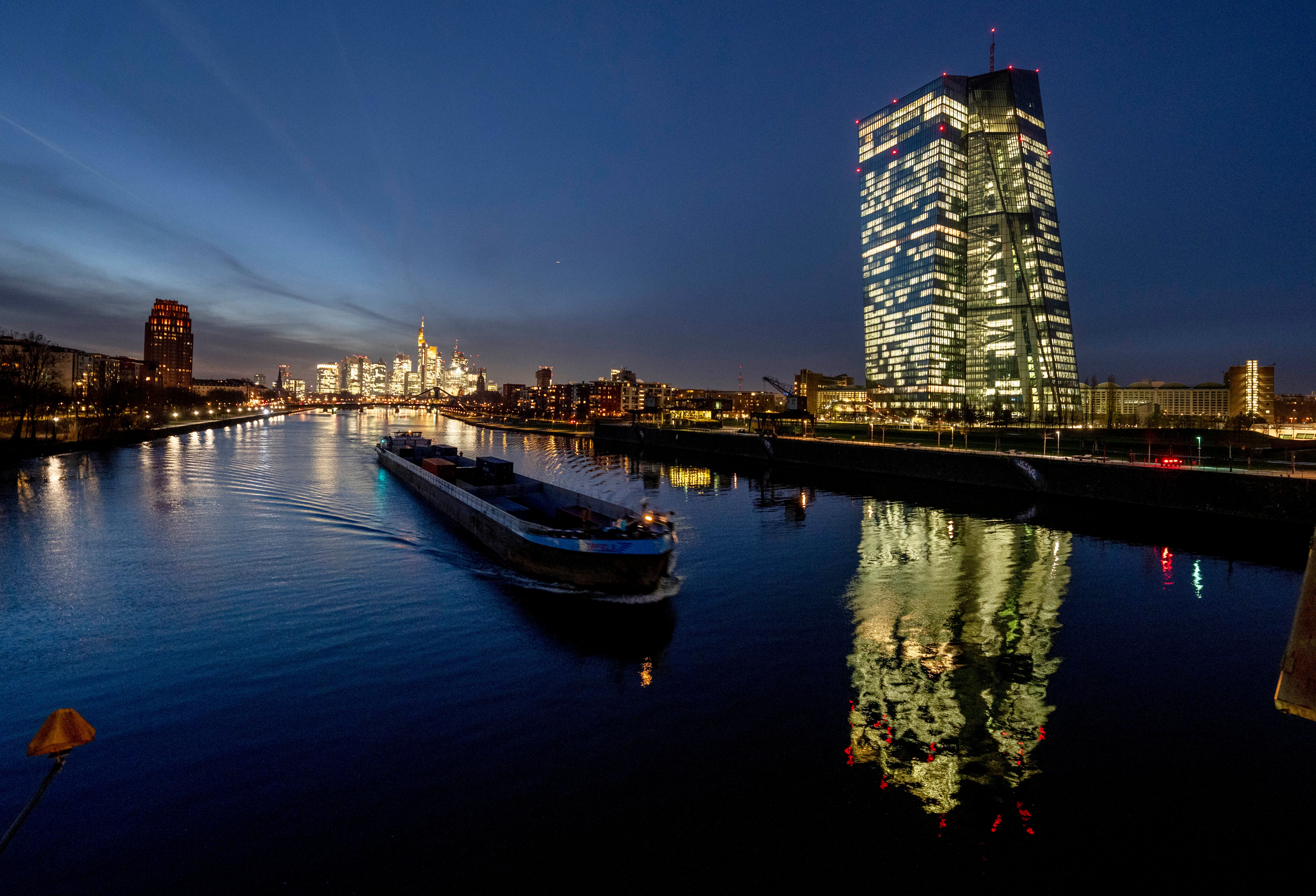Inflation in Europe slows again, hitting 9.2% in December
Europe ended a bad year for inflation with some relief as price gains eased again

Your support helps us to tell the story
From reproductive rights to climate change to Big Tech, The Independent is on the ground when the story is developing. Whether it's investigating the financials of Elon Musk's pro-Trump PAC or producing our latest documentary, 'The A Word', which shines a light on the American women fighting for reproductive rights, we know how important it is to parse out the facts from the messaging.
At such a critical moment in US history, we need reporters on the ground. Your donation allows us to keep sending journalists to speak to both sides of the story.
The Independent is trusted by Americans across the entire political spectrum. And unlike many other quality news outlets, we choose not to lock Americans out of our reporting and analysis with paywalls. We believe quality journalism should be available to everyone, paid for by those who can afford it.
Your support makes all the difference.Europe ended a bad year for inflation with some relief as price gains eased again, though they still rose a painful 9.2% in December, according to data released Friday.
The latest numbers are a sign that the worst might be over for weary consumers battling with the surging cost of living.
The consumer price index for the 19 countries that use the euro currency rose in December at the slowest pace since August, said European Union statistics agency Eurostat. Croatia joined the eurozone on Jan. 1.
It was the second straight decline in inflation since June 2021. In November, inflation dipped to 10.1% after peaking at a record 10.6% in the previous month.
Consumers across Europe have been plagued by surging energy costs since Russia launched its war in Ukraine in February, which played havoc with oil and natural gas markets and have been the main driver of inflation.
The latest numbers indicate that the energy costs are easing off for now. Energy price rises slowed to 25.7%, down from after November’s 34.9% gain and 41.5% in October.
Natural gas prices have slipped from all-time highs this summer as Europe has largely filled its storage for winter with supplies from other countries while warmer-than-usual weather has reduced fears of a shortage during the heating season.
Food price gains, the other big factor that's been driving up European inflation, held fairly steady. Prices for food, alcohol and tobacco rose at a 13.8% annual pace in December, a smidgen higher than the month before.
Inflation also has been worsened by bottlenecks in supplies of raw materials and parts amid rebounding global consumer demand after COVID-19 pandemic restrictions ended.
Soaring costs for energy and food have threatened a recession and fed labor unrest as wages fail to keep pace with the price rises. Across Europe, subway staff, hospital workers, train drivers, postal workers and air traffic controllers have gone on strike, threatening political turmoil.
Central banks have been battling inflation by hiking interest rates, while governments have offered relief on high energy bills.
Last month, the European Central Bank raised its benchmark rate by half a point, slowing its record pace of interest rate increases slightly but promising that more hikes are on the way. It matched actions taken by counterparts in the U.S., United Kingdom and elsewhere.